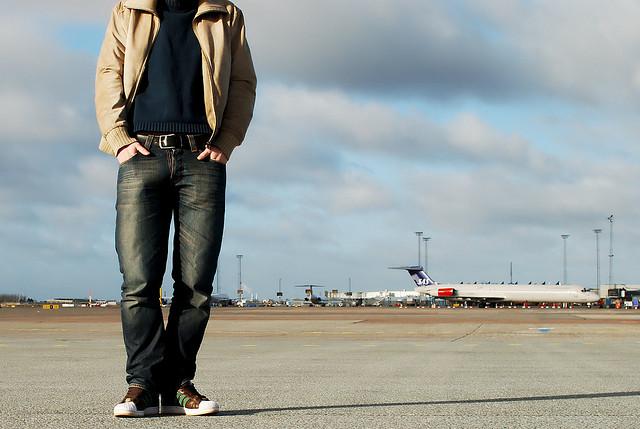Earlier this year, Prime Minister Tony Abbott announced the creation of a National Task Force to tackle the so-called ice epidemic Australia faces. We’re nearly half-way through 2015 and for Commissioner Ken Lay and his National Ice Task Force team the words Interim Report are likely to be looming.
In the next few weeks the Government’s initiative to combat ice is expected to provide the Council of Australian Governments (COAG) (chaired by the Prime Minister), with opportunities to improve law-enforcement, health services and educational initiatives to reduce the impact of increasing ice consumption in Australia.
Since 2010 the number of people receiving treatment for using the drug has more than doubled. And more than half of the nation’s criminal organisations (that is, nearly 60%) are now trading in the lucrative methylamphetamine market. Not surprisingly, amongst all amphetamine-type stimulant (ATS), crystal methylamphetamine (‘ice’) is the most concerning.
For a problem of this size, there’s no silver bullet. To date, national efforts have focused in tightening laws, dismantling criminal organisations, addressing health and social effects from drug abuse, and educating about its risks.
Among all efforts, education like no other plays a unique and transversal role in preventing Australians from facing the physical and legal consequences of ice use. This is reflected by the most recent multi-million dollar ad-campaign under the slogan ‘ice destroys lives’.
However, the campaign solely focus in depicting social, medical and judicial consequences from a consumption-reduction approach barely scratch the surface of the problem.
Not only has the campaign has been under fire relating to claims that it’s a re-make of a 2007 ad, but more importantly it fails to recognise that a multi-faceted problem like ‘ice’ doesn’t exclusively affect users and their families’ lives. Traffickers and more importantly potential drug-mules are also at stake. Colombia’s experience dealing with drug couriers may shine a light on how to embrace more holistic and innovative educational campaigns. Under the slogan ‘Don’t be a mule’ (no sea mula in Spanish) Colombia educated people about the risks of falling prey to drug-mule recruiters; a national problem which was best illustrated in 2008 the award-winning movie ‘Maria full of grace’.
Victimising drug traffickers is a sensitive issue, but not preventing a vulnerable population from engaging in drug trafficking is an even greater danger.
Australians, especially young ones, are increasingly exposed to those in the drug-supply chain who seek profits by organising, overseeing and recruiting couriers; organising importations and distributing the drug across the nation.
Whether by deceiving or tempting, national and international drug syndicates continue targeting people who see in the drug industry an easy way to cash.
Australia is a highly-profitable market to trade ‘ice’ and Australians must be aware of the implications hidden behind engaging in the illicit ‘ice’ business. Preventing new suppliers from entering the market will remain a challenge if alerting the population about drug-mule recruiters keeps falling between the cracks.
Australia’s National Drugs Campaign and the AFP’s program are exclusively demand-driven awareness-raising initiatives. Ultimately they fail to seize the opportunity to prevent people from becoming drug traffickers or committing a drug offense.
From the supply side of the problem, The Australian Crime Commission 2013-2014 Illicit Drug Data Report (PDF) noted that, amphetamine-type stimulant (ATS) arrests reached a National record of 26,269. An increase of more than 18% compared to 2012–2013.
Out of the 26,269 arrests over 6,600 were supplier arrests. Nearly one in every four.
In a market where suppliers can be easily and quickly replaced increasingly challenged enforcement actions will only result in ineffective supply-reduction strategies. Thus, if the Ice Task Force is set to present a report with unseen but realistic opportunities, Australia must swim uncharted waters and educate the Nation about the risks ice represents from the supply point of view.
Rethinking a national ‘ice’ strategy isn’t an easy task, even less so when the clock is ticking. Therefore, if the Task Force is determined to come up with comprehensive improvements to the drug problem, education to reduce supply in Australia is a must.
Media—including social media—campaigns must be approached differently, firstly by warning Australians of the risks pose by recruiters, secondly encouraging people to tip-off recruiters, and thirdly, encouraging those who have already crossed the thin blue line to come back to a normal and law-abiding life.
Without such educational initiatives, there’ll be a limited understanding of the problem. More importantly, it will be represent a missed opportunity to tackle the ice scourge and save the lives of those exposed to potentially face the death penalty if caught in the wrong country trafficking ice.
